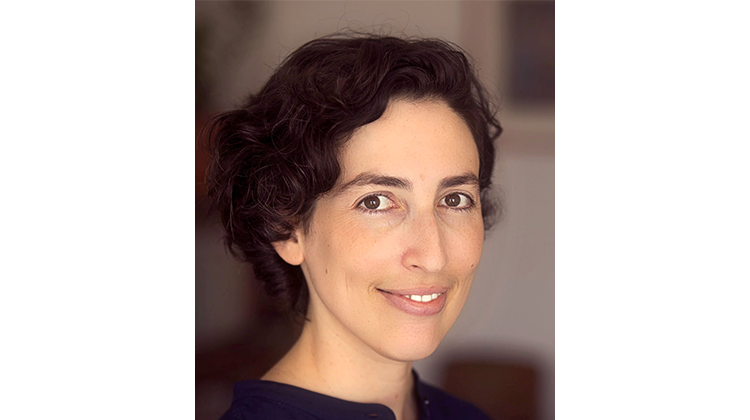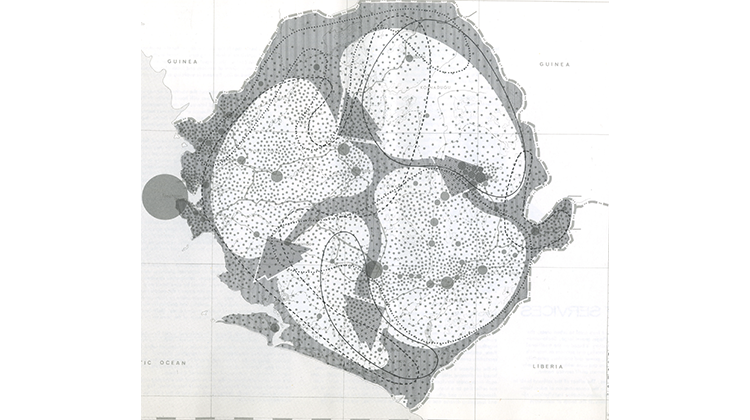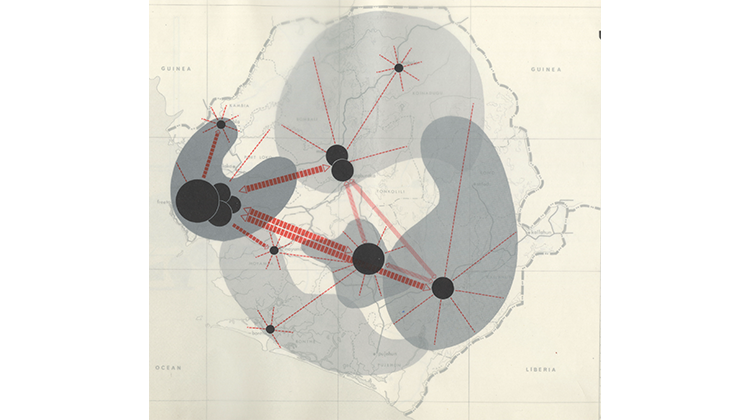Ayala Levin
How to Mobilize the Rural? Regional Planning in Sierra Leone (1965) and Tanzania (1979-1983)
Presented with the History, Theory and Criticism of Art and Architecture Group
Analyzing Tanzania’s Third Five Year Development Plan (1976-1981), Kighoma A. Malima, a Princeton University trained economist, wrote “the regions should (…) be able to mobilize both the requisite human and material resources within their respective areas and plan their rational and effective utilization to meet the needs of their people.” In his formulation there was the “region” – a governing entity – and its “people,” who served both as the subjects of governance, and, significantly, as its human resources. In this talk, I ask what about the “region” in planning thinking that allowed it to perform as a representation of a “people” and as a governing device meant to mobilize them as resources. More specifically, I ask how the region as a planning and governing concept was employed in the mobilization of rural communities in postcolonial Africa, specifically Sierra Leone in 1964-5 and Tanzania in 1979-83, to mitigate the deficiencies of central planning. As I argue in this talk, the region was meant to fill the gap created by the postcolonial government’s stripping down of chiefs from their colonially-cemented customary power through participatory planning – mediated in these cases by American conceptions of community development that date back to the New Deal.
The HTC Forum is sponsored by the Lipstadt-Stieber Fund, made possible with the generous support of Thomas Beischer.
Lectures are free and open to the public. Lectures will be held Thursdays at 6 PM ET in 7-429 (Long Lounge) and streamed online unless otherwise noted. Registration required to attend in-person. Register here or watch the webcast on Youtube.
Ayala Levin is an Associate Professor in the department of Architecture and Urban Design at University of California, Los Angeles. Her research is concerned with north-south and south-south architectural knowledge exchange, with a focus on building and urban planning projects in post-independence African states. Her book Architecture and Development: Israeli Construction in Sub Saharan Africa and the Settler Colonial Imagination (Duke University Press, 2022) explores the export of Israeli architectural and planning models to Sierra Leone, Nigeria, and Ethiopia in the 1960s and 1970s. In addition, she co-edited the Aggregate Architectural History Collaborative collection of essays Architecture in Development: Systems and the Emergence of the Global South (Routledge, 2022), and the Journal of Architecture special issue on the Modern Village (2018). Her essays appeared in the Journal of the Society of Architectural Historians, Planning Perspectives, Architects Beyond Europe, and Platform, among others. Her current research project interrogates how North American architects and planners attempted to curb urban migration in African countries by refashioning their countryside in the context of food security and the global governance of the environment from the late 1950s to the early 1980s.





